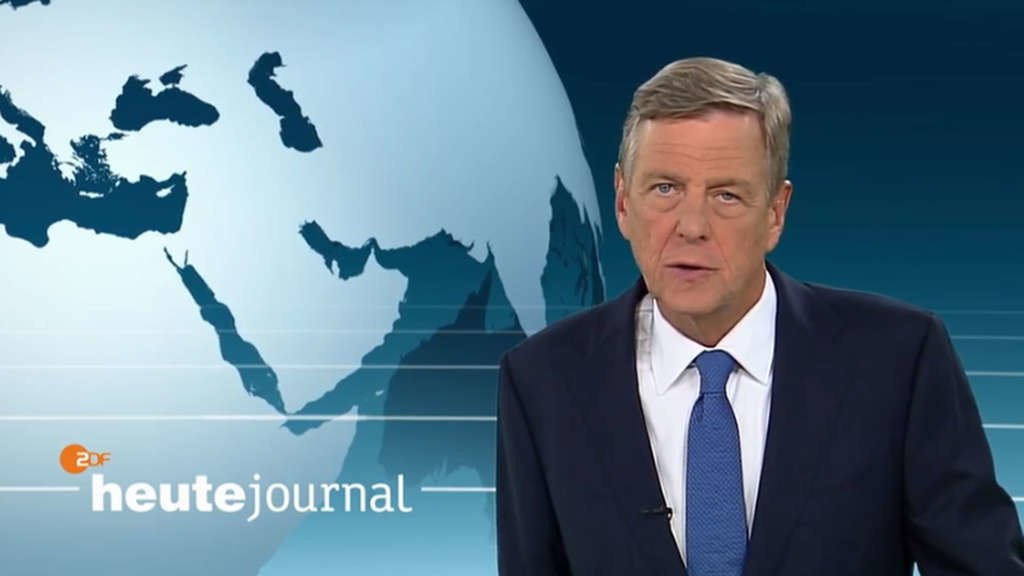‘Russia has invaded Estonia, NATO is on the way’: German TV plumbs depths with fake war broadcast
A respected German analytical TV program opened its latest edition by informing viewers that Russian forces intruded into the Baltics. Was this "fantasy" just juvenile attention-seeking, or crude pro-NATO propaganda?
“Together with European and German allies, the US army is currently moving through land, air and sea to Estonia to expel Russian forces, which have once again invaded, as in Crimea before,” announced a worried Claus Kleber, host of heute journal, on the national public broadcaster ZDF Thursday night.
As millions of viewers tensed up, the veteran host announced that it was a “gotcha!”
“Do not worry. It is not true. This is just a fantasy scenario – but a realistic one,” said Kleber.

One of the biggest names in German journalism, Kleber explained that the fake-out was designed to make it clear that a war may be imminent, that it is likely to be a surprise, and that Germany will have to defend even its smallest allies, including Estonia.
“The problem today is that NATO seems more fragile today on its 70th birthday than during any time in its history. During which it has been an unprecedented success story,” said the host, before introducing a piece that gave a potted history of the alliance, from its post-WWII founding, to supposed revanchism from Russia, to its current bête noire Donald Trump.
Unless one believes there is truly some valid insight that is achieved by the entire episode, there are two ways of looking at these sub-Orson Welles shenanigans.
The first is to regard the modern news media as entertainers, who are not to be taken at face value. For all his PhD qualifications and long history as a top foreign correspondent, Kleber leads a moribund broadcast format – a scheduled news magazine show on terrestrial TV – and is trying to stay relevant by turning ever-more shrill. In the bland world of Germany’s news media, the more provocative approach has led to higher ratings for the esteemed heute-journal.
Also on rt.com ‘Security risk & lawbreaker’: German MP says 70yo NATO should retireIn this case, this stunt is merely borderline trolling that simply trivializes the very real concerns in the region, and among NATO allies through hyperbole. Estonia is not just some made-up country to be used as a storytelling prop.
But there is a less charitable interpretation: what if people are taking this seriously?
Imagine reading in the Western media that a Russian state channel was now putting out fake news bulletins about NATO invading Kaliningrad. Would you think this is provocative journalism or would you reckon that the Kremlin is irresponsibly stoking tensions, and preparing Russians for a confrontation with the West?
And for all the silliness, telling people “there will be a war with Russia, so you must love NATO” is not some irreverent journalistic opinion, it is the government line, beamed into homes across Germany as scaremongering, hysterical propaganda. Is this the media really want to play?














